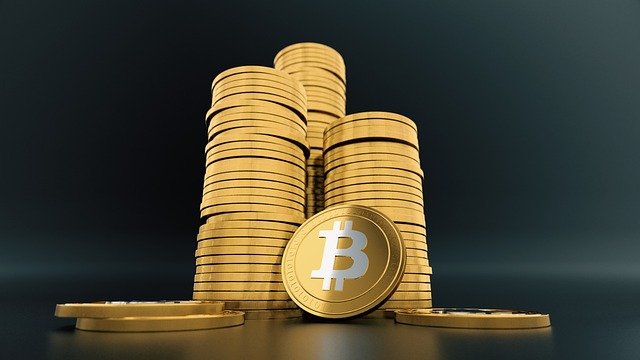

Cryptoassets: learn more about the bills in the Brazilian Congress
Various bills seek to provide greater legal certainty to transactions involving virtual assets
Subjects
With the regulation of cryptoassets, a priority issue for the Brazilian government in 2022, there are currently a number of bills in Congress concerning cryptoasset issuances and protections for intermediaries in cryptoasset transactions.
These bills seek to define virtual assets and regulate legal entities that carry out intermediation, custody, distribution, settlement, transaction, issuance or management activities (cryptoasset exchanges and electronic platforms). They also include civil and criminal penalties for the fraudulent use of crypto tokens and address the need to create a regulatory authority that the Executive Branch would appoint.
One of these bills (No. 3,825/2019) was already unanimously approved by the Senate’s Economic Affairs Committee (CAE) on February 22, 2022, and is the house’s main legislative initiative for regulating the cryptoasset market.
Meanwhile, Bill No. 2,303/2015 (introduced by Congressman Aureo Ribeiro) was approved by the House of Representatives and has been awaiting analysis in the Senate since December 13, 2021.
Considering the two bills concern similar themes, members of the House of Representatives and Senate are discussing the possibility of combining them.
Proposals
According to what has been approved to date and the public discussions preceding these approvals, the proposals for new regulation in Brazil are focused on ensuring legal certainty for transactions involving virtual assets. The proposed regulations are outlined in general terms below:
• Virtual asset exchanges would require express authorization to operate in Brazil. This would cover entities that conduct exchanges involving virtual assets and currency (or other virtual assets), or entities that deal with custody or administration of virtual assets, among others;
• Virtual assets would be able to be used for making payments or investments;
• Activities concerning virtual assets would be defined and regulated by Brazil’s Executive Branch, using the principles of free competition, information security and data privacy, consumer protection and savings as guidelines;
• The functions of entities providing services involving virtual assets would be regulated by a decree from the Executive Branch, together with a supervisory authority created to oversee these functions;
• Financial institutions authorized to operate by the Brazilian Central Bank would be permitted to act as virtual asset brokers;
• Fraudulent offers or management of virtual assets, securities or financial assets would be typified as fraud.
The approval of the two bills above means that the other remaining bills are unlikely to be deliberated.
With that said, there are still opportunities to suggest adjustments and improvements to the approved bills, such as provisions for the tax treatment of virtual asset transactions.
In light of this possibility, Congressman Kim Kataguiri has introduced another bill aiming to suspend the Brazilian Federal Revenue’s Answer to Advance Tax Ruling Request No. 214/2021, which expressed the view that monthly capital gains from cryptoassets above BRL 35,000 should be liable for income tax.
Meanwhile, Brazil’s government favors approving a more principle-based bill, with general rules that would allow for infra-legal regulations, given that the technological landscape is constantly evolving. Regardless, it appears likely that a bill will be passed later in the year.
For more information about the main topics concerning virtual assets, please contact Mattos Filho’s Cryptoassets practice area.





